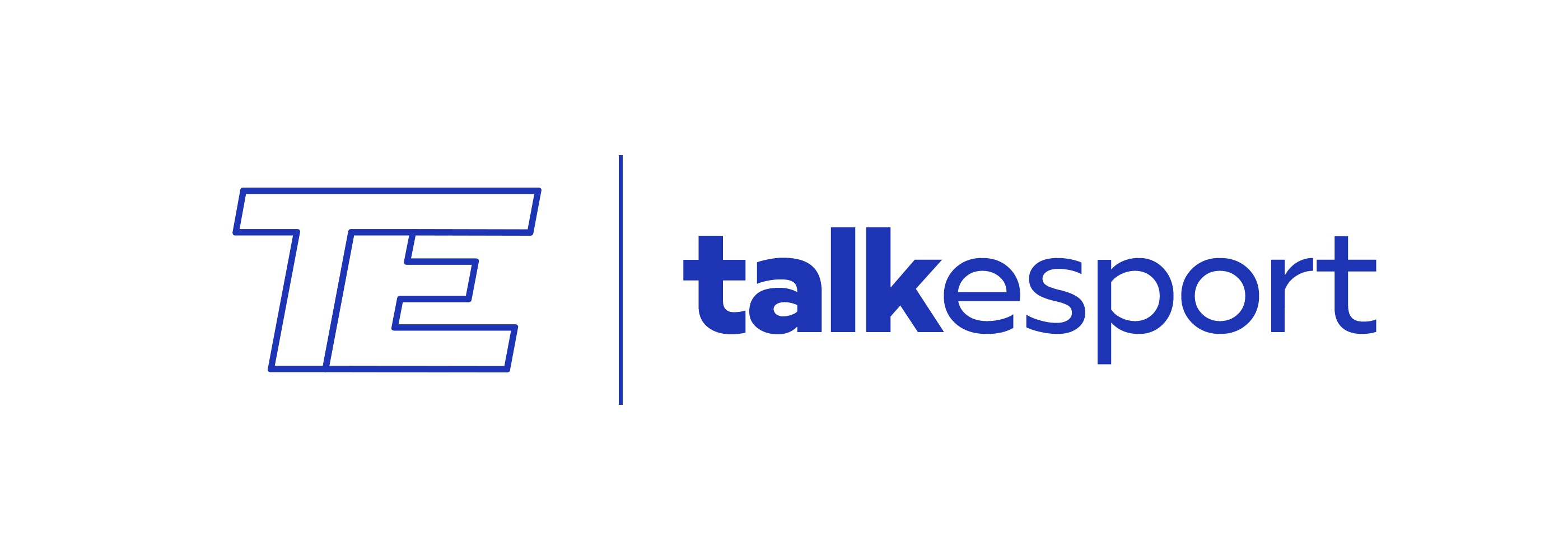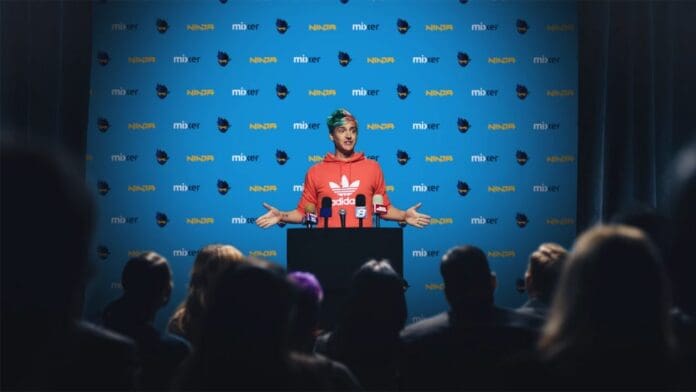In the immense modern world of eSports, building a career has gone from distant fantasy to very real possibility. Of course, achieving such a goal is far from easy, requiring an approach akin to that of a full-time job. While the developments of this new type of competition have been great for electronic athletes the world over, it does come with some caveats unique to the digital sphere.
In this article, we want to investigate some of the confounding realities which being a professional eSports player implies. Specifically, we’re interested in the temporary nature of most games, and the implications for player’s long-term careers. From driving passions to changing skill-bases, here are just a few of the elements that make this arena unique.
A Changing World
The biggest problem with professional eSports as a long-term career stems from gaming’s evolving marketplace. In simple terms, no game keeps its place in the spotlight forever. While there are certainly some which maintain mainstream visibility for years, all have so far eventually degraded to far reduced interest, and thus funding.
Take StarCraft: Brood War as an illustration. As one of the most popular eSports games of all time, Brood War was instrumental in bringing competitive gaming into mass public consciousness. The game is legendary in this regard, finding itself among the greats of Quake 3 and the original Counter-Strike. Even Brood War, however, has not been immune to decay.
At the highest point in Brood War’s history, from 2007-2008, tournaments for the game offered over a million dollars annually. Since that point, winnings dropped to $75,000 a year in 2016. While the release of the Brood War remaster helped rekindle its eSports interest in 2017, again the game is slowly decreasing in the opportunities it represents.

So, what choices are afforded to athletes who want to survive? One choice is to go into commentating, as was the case with former Marvel vs. Capcom 2 player Yipes. Others have gone into management or advertising, leveraging their experience within eSports to branch out. Most commonly, the players simply choose to go into other games. This does let them continue their careers, but it comes with a whole host of other potential roadblocks.
Transferable Skills
The best success for players making a jump to other games comes from when the games they move to are functionally similar. This is hardly a cutting-edge revelation, with similar ideas being popular over many forms of professional and casual entertainment. Ideally, moves along this axis work best from games like Overwatch to similar ability led shooter titles like Valorant, but moves can also be more varied in the right circumstances.
Concepts such as this had proven years ago, like with the fast-paced FPS shooter Painkiller. Developed in Poland by People Can Fly, Painkiller required such enormously quick reflexes that many of its pros like Fatal1ty had no problems both taking up the game and then moving on successfully. Coincidentally, this seems to be an area where Poland excels at. For example, in the field of casino games, the best online casinos in Poland, have a range of different casinos, bonuses, and games on offer that enjoy similar ease of transference, which many players utilize to try something different. Yet, the casino scene is similar to eSports in which while general skills can be universal, different games have their own mechanics unique to their specific game.
The problem here within eSports then is that while many skills are semi or largely transferable, few skills will be 100% compatible between games. While twitch aim is generally a universal ability, for example, movement physics and game-specific systems are not. In some cases, players might not be able to adapt to the new play-styles required. Other times, existing muscle memory born from years of experience might prove actively detrimental until overcome.
The Starting Edge
Another major issue standing in the way of players moving from one eSports game to another can come from when they choose to get involved. Many players who go from game to another will only do so after supporting themselves with their first choice becomes untenable.
In instances like these, the games they then pursue might be flooded with players who have months or years of experience under their belts. Practice might be enough to overcome this disadvantage, but until then their play, or their contributions to the team, could be significantly hampered.
Malleable Passions
On a more personal level, we also can’t forget the ever-important component of an individual’s love for a game. For a large proportion of players, the games they first go pro in are games they love on a fundamental level. This passion can be the inspiration behind their drive to get better. Moving to a new game, no matter how lucrative, can thus remove one of the largest motivating elements. In cases like these, such players might never achieve former glory or success through a lack of base-level emotional involvement.
An Unknowable Future
Taking these realities and making accurate predictions about the futures of eSports players from them is never going to be an easy task. Despite its rapid growth in the last two decades, the environment of eSports is still one with no signs of slowing down. Each year more people are watching, and more money is being pumped in. Combine this with the relative immaturity of eSport’s overall infrastructure, and we can’t claim to map even the next couple of years, let along the next two decades.
It could be that, in the future, select older eSports games are adopted as permanent fixtures in the gaming world, rendering the concerns in this article moot. Until that day comes, if it ever does, being a professional competitor within eSports is going to come with a range of issues unlike those of any other professional competitive environment.


